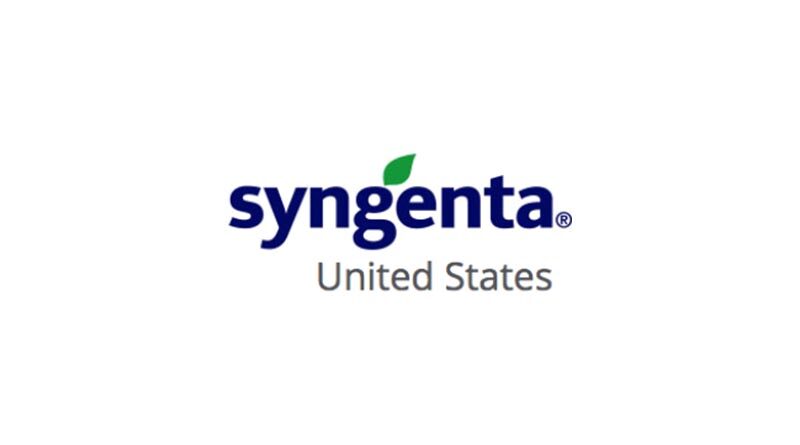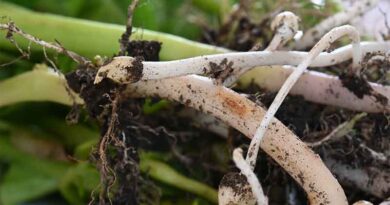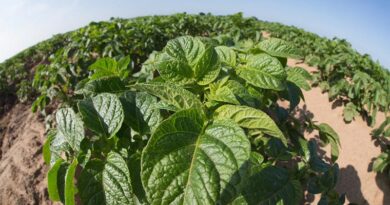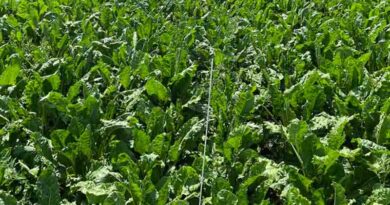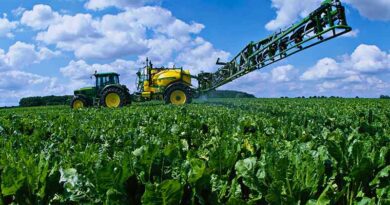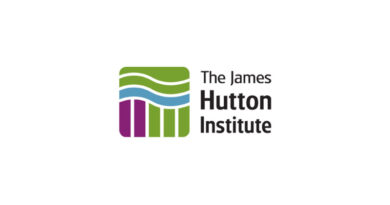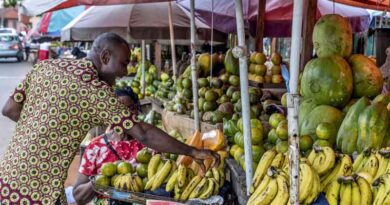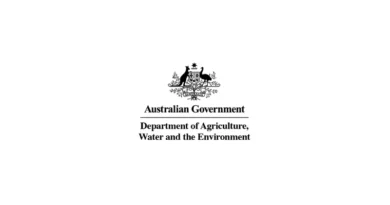Biostimulant boost to heat-stressed potatoes
17 February 2021, UK: Results of the UK’s most extensive ever trials of a biostimulant in potatoes have shown that Quantis – the first biostimulant from Syngenta – can effectively help plants cope with the impacts of heat stress.
Analysis of the huge data resource from growers’ field trials, independent crop consultants and researchers across the UK has revealed significantly increased yield for crops that were under prolonged heat stress.
Reporting results at Potato Science Live, Syngenta Technical Manager, Michael Tait highlighted that of the 32 sites experiencing conditions of greater than 25⁰C for more than four hours, yields were an average 2.5 t/ha greater. The 14 sites that experienced a heat event in excess of 30⁰C recorded an average 2 t/ha yield increase.

Mr Tait highlighted plant physiological studies that indicate where potatoes are under the effects of oxidative stresses, they are unable to assimilate proteins to transport down into tubers. In fact, they may even be drawing on plant reserves to counter the stress factors.
Missed Potato Science Live? Watch the biostimulant event here
In the initial years of Quantis trials, the greatest effects on yield and tuber size were recorded in 2018, which coincided with an extremely hot and stressful growing season, he recalled.
“It was notable from in-season assessments that effects were apparent in the second phase of tuber bulking, when the crop came under extreme stress.”
Reviewing historic weather has shown the variability in heat events from season to season and location, but that at some stage most crops will be subject to some effects, he warned. Furthermore, as climatic conditions have changed over recent years, extreme and prolonged heat periods are becoming more frequent.

“Quantis is a derivative of sugar cane processing, which delivers a readily available blend of organic carbon, amino acids, potassium and calcium that supplement the plant’s own molecular cell function,” he explained.
“Acting directly as an anti-oxidant it can help to counter reactive oxygen species (free radicals) that can cause significant damage, particularly within the foliage if leaves get too hot. It is believed to activate and enhance the potato plant’s natural capability to adapt to heat stress, to prevent damage.”
Furthermore, Quantis also provides osmoprotectant regulators to help plants manage cell osmosis, which could help contribute to the heat stress mitigation.
Biostimulant responses do appear to be crop and stress specific, he outlined. “It’s only through this detailed research that you can begin to tease out just where and when each product will be effective.”
It is considered likely that some crops would respond more positively than others, according to soil and growing conditions, along with any varieties’ natural resilience to heat stress. However, the trial contained so many varieties and multiple variables that it was impossible to pick out individual traits this season, he added.

Whilst trials have so far shown effects from three applications of 2.0 l/ha from tuber onset through to bulking phase, for 2021 continued Syngenta field research will look at refining application timings, he reported. More controlled trials will also seek to tease out differences between varieties and other variables, such as irrigation and crop duration.
Syngenta’s New Farming Technologies team is pioneering a predictive heat forecasting model, with the aim to identify potential for precision targeting of applications prior to stress periods in the potato growing season, along with some other crops.
New Syngenta research funded at Nottingham University will also lead an in-depth investigation into how Quantis is working to alleviate heat stress and drought effects within potato plants.
Quantis is planned to be available in limited commercial volumes for the 2021 season.
Also Read: Growers undercover investigations for spring crop establishment

